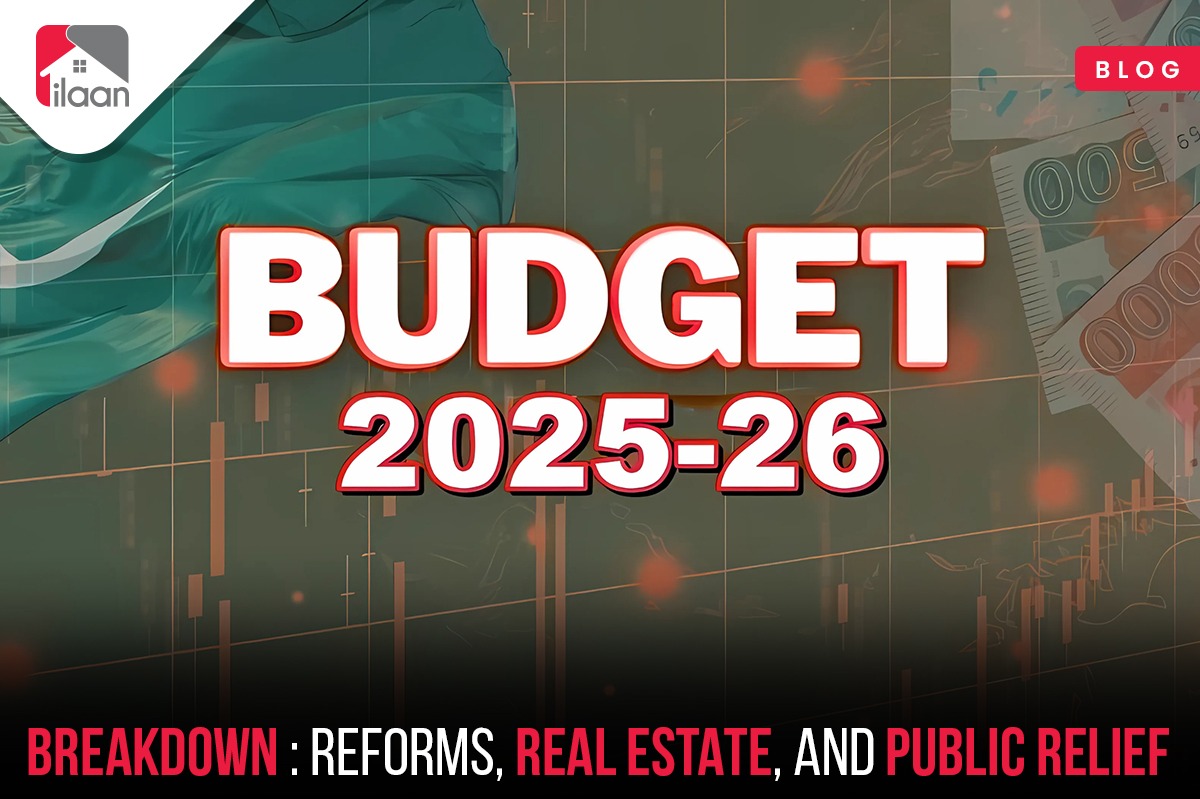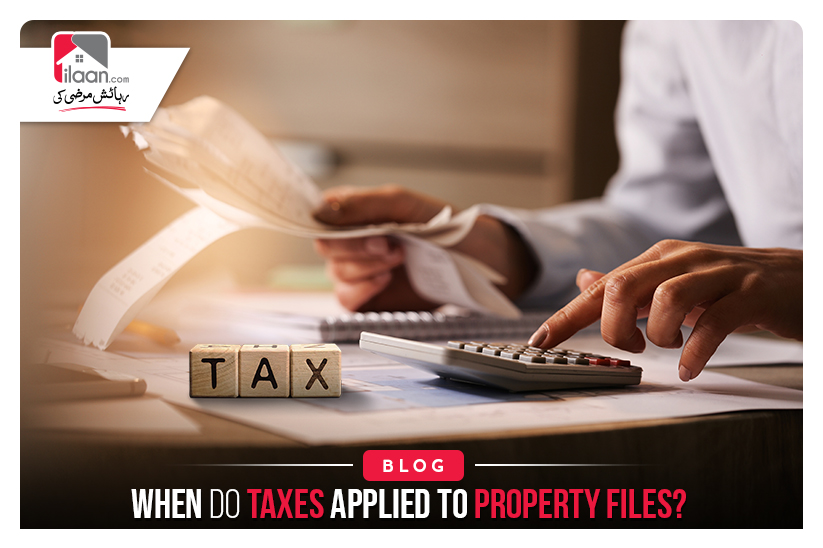In Pakistan, there are currently hundreds of active housing schemes, and the plots are offered to buyers via files. Investors and end users frequently wonder whether any taxes need to be paid on the files they purchase. You can find the answer to this query in this article.
What exactly is a file?
A file is a document that guarantees the delivery of a specific-sized piece of land or plot in a future or current housing society. There is no actual reality for files, and no administrative authority has authorised them.
However, the range in which files are produced and distributed is determined by society. According to the amount of plots the society plans to offer its consumers, files are issued. Typically, files are made accessible for a tiny portion of the plot's total price, known as a booking fee or down payment.
Customers now have the option of paying for ownership through instalment plans, while society continues to advance. After a sequence of activities including voting and possession, files are later transformed into real plots and given to the customers. Plot purchasers who are unable to pay the whole amount may purchase files at a discount and pay in instalments to become owners.
Read More: Budget 2023-24: Property Tax in Pakistan-Bad Worse for Real Estate Sector?
Property Files Tax
In general, there are several phases and file kinds, and tax is applied after a particular stage throughout the process of converting files to plots. This procedure will be described in detail so that you can easily grasp it.
Close and Open Files
In the early phases, society offers open and locked files. Closed files are recorded in the client's name whereas open files are not registered in any name. Open files are typically taken into account by short-term investors, while closed files are favored by end users who want to make payments, acquire ownership, and build residences. Due to the fact that both of these file types are simply proof of ownership of a plot for sale in a housing development, the Federal Board of Revenue (FBR) does not now implement a tax on them since it does not view them as immovable properties.
Ownership Records
The file then moves on to the possession stage after being balloted. At this point, the society declares the file that has been turned into a file under the customer's name. This implies that the numbered plot now belongs to the file owner in its entirety. Your land will now be subject to a tax because it has become an immovable property.
In most cases, the tax is applied to the file between the balloting and possession phases, when the clients receive their plot numbers. Tax is typically put on the housing project first, and subsequently the management applies it to the clients. FBR calculates tax, and society adds it to customers' ledgers.
Balloted Files
Voting is the second step in the file's journey; essentially, it's a kind of "luck draw" where the society chooses the members and votes on the files. The files then proceed to the possession step, which is the following level. When a file is "balloted," it signifies that the ownership of a certain parcel of land or plot has been established and will be granted in your name. Plot numbers are typically implemented following voting. A file gets qualified for tax implementation at this point. After the file is balloted and the plot is given a number, FBR typically executes tax.
Tax Amount
The Federal Board of Revenue's diaphragm is used to determine the tax amount (FBR). Taxpayers are often divided into two groups by FBR: filers and non-filers. Filers are registered with FBR using an NTN number, whilst non-filers are not. Moreover, compared to non-filers, tax payments for filers are lower.
The tax for immovable property is listed below for both filers and non-filers:
· Tax for Filer
A filer is required to pay FBR 2% (of market value) in taxes.
· Tax for Non-Filer
A non-filer is required to pay FBR 7% (of market value) in tax.
Wrap it up
If you were wondering whether tax is implemented on a file or not, we hope this article has provided an explanation. Whether you file taxes or not, you should always be ready to pay government-imposed taxes since they will eventually work against your plan. When the plot number is assigned, tax is applied to the file between the balloting and possession stages. Therefore, file owners should register as filers in order to benefit from tax benefits and learn more about FBR tax laws.
Recent Blog

10 Smart & Simple Tricks to Cool Your Home Th...
29 Jun 2025

Budget 2025-26 Breakdown: Reforms, Real Estat...
25 Jun 2025

How to Stay Safe on Your Northern Getaway Whi...
14 Jun 2025

Top 7 Online Qurbani Services in Pakistan for...
29 May 2025





